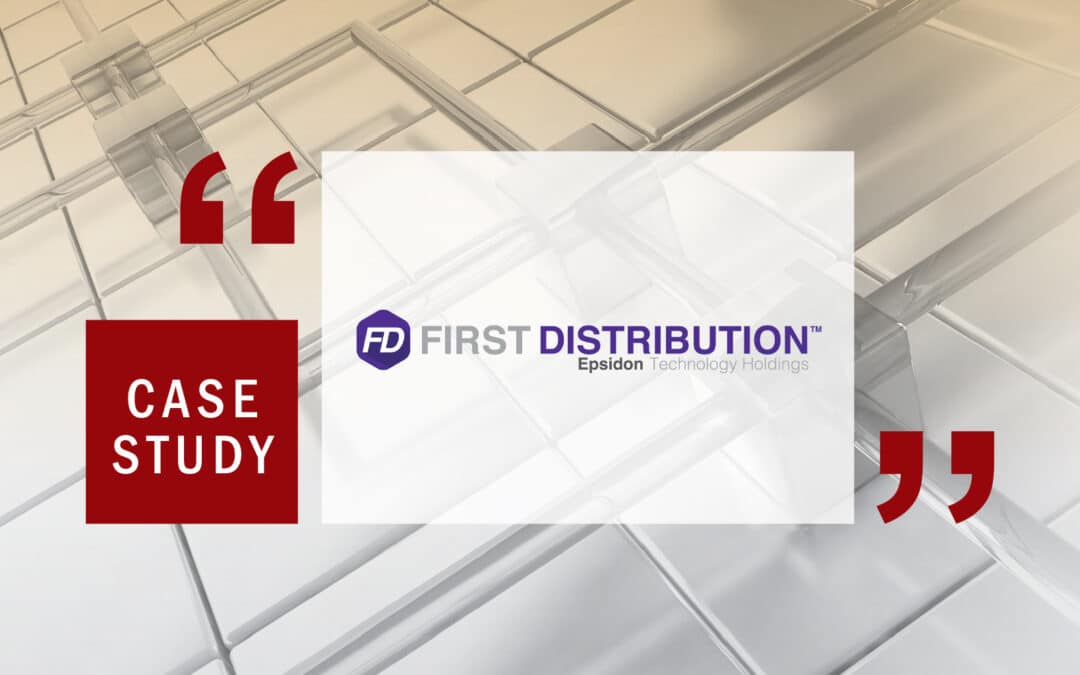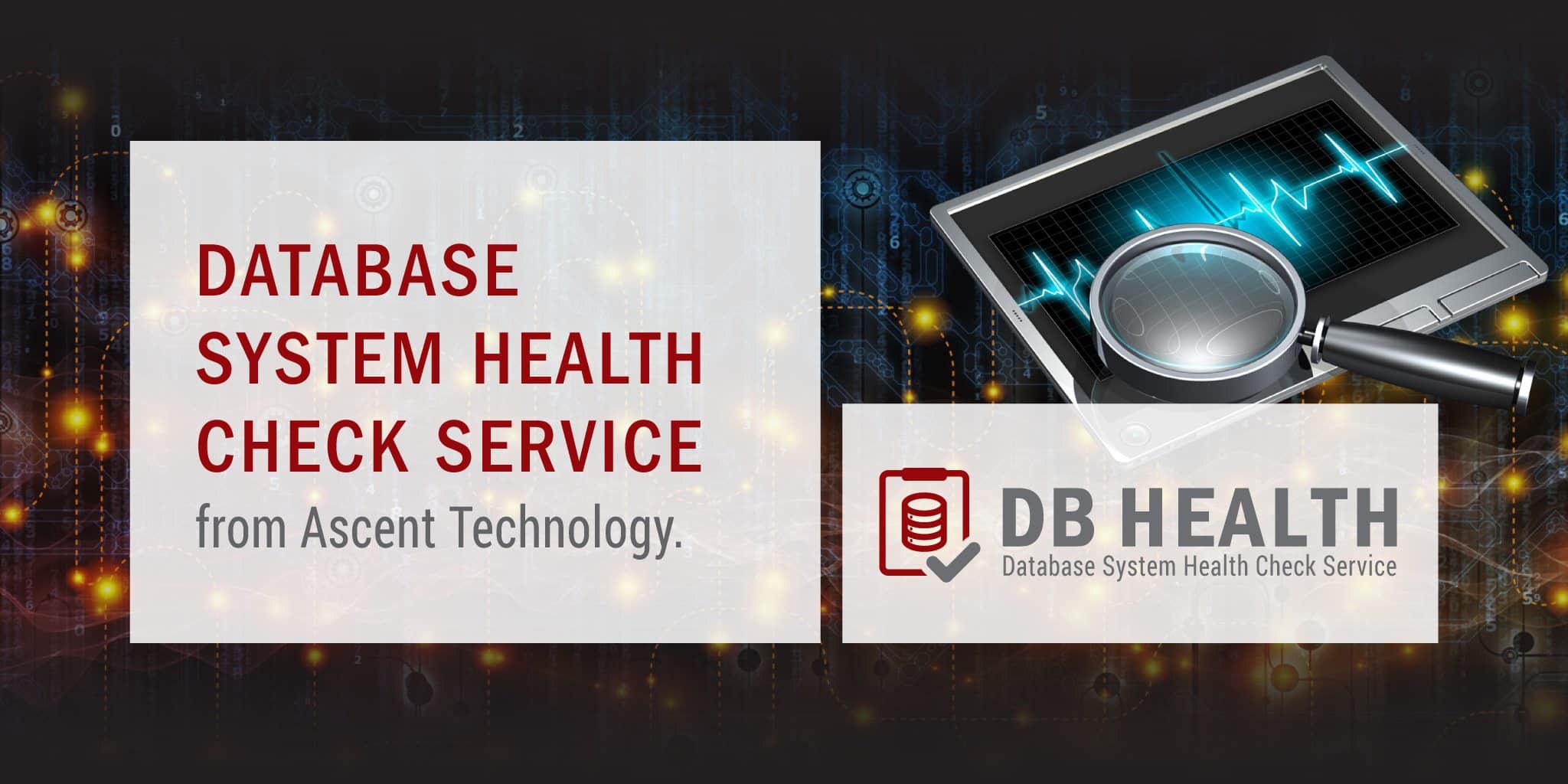Diagnose Before It Disrupts
Databases sit at the heart of every modern business system. When performance starts to decline – through capacity strain, configuration drift, or missed maintenance – the effect is felt across applications, analytics, and customer experience. Even small inefficiencies can quickly escalate into costly downtime, instability, or compliance risk.
Ascent Technology’s Database System Health Check Service (DB Health) delivers a structured assessment that identifies risks, configuration gaps, and performance bottlenecks across your database environment – on-premises, in the cloud, or within hybrid systems.
Our consultants review architecture, configuration, performance, maintenance, and security posture against recognised best practices. This ensures every database component operates as intended.
The outcome is a clear, data-driven view of your database environment’s health. You’ll receive actionable recommendations that modernise, optimise, and protect your systems for sustained performance and long-term reliability.
More than a technical audit, DB Health provides a practical roadmap for stability, efficiency, and confidence in the databases that power your organisation.
DB Health forms the foundation for ensuring your environment is ready for ongoing support, optimisation, and compliance – as part of Ascent Technology’s suite of managed database services.







